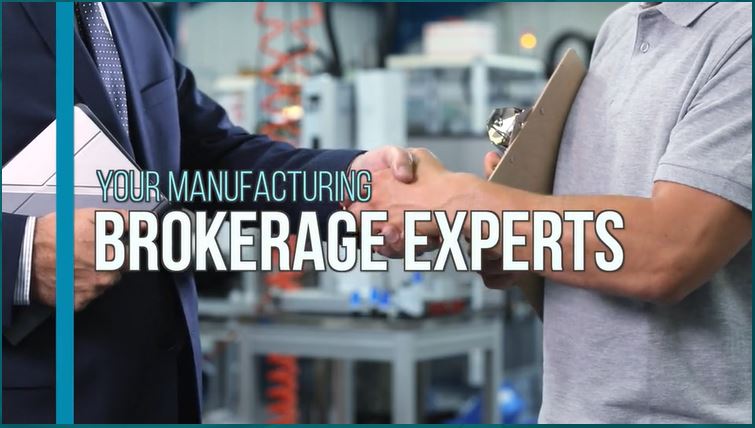
Automation, Control & Plant Intelligence - Articles, Analysis, Reviews, Interviews & Views

A buyer looking to purchase a manufacturing company will consider how much advanced technology is already implemented.

YOU MAY LIKE:
Popular Articles
Manufacturing Insights